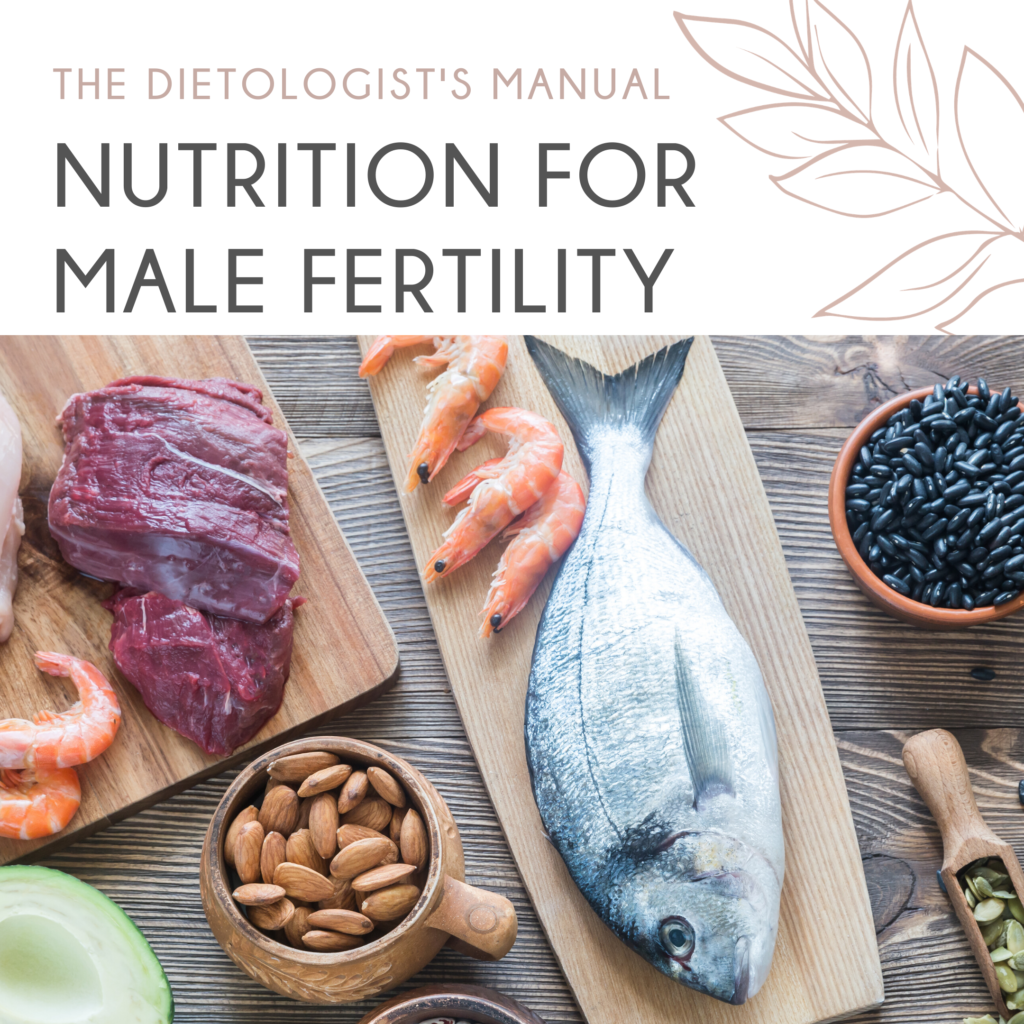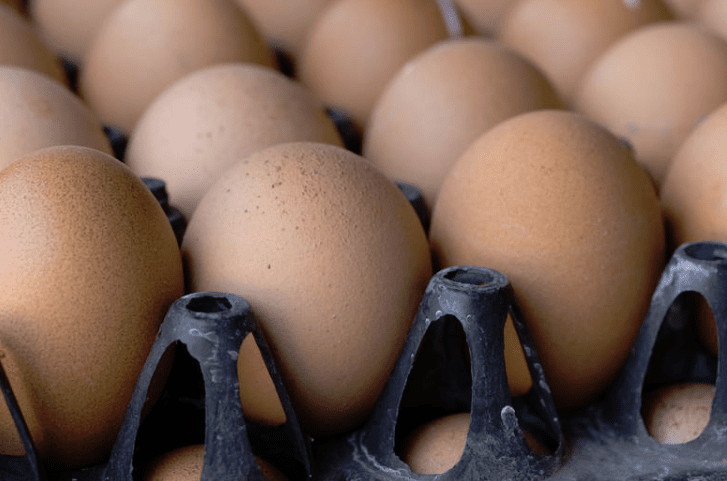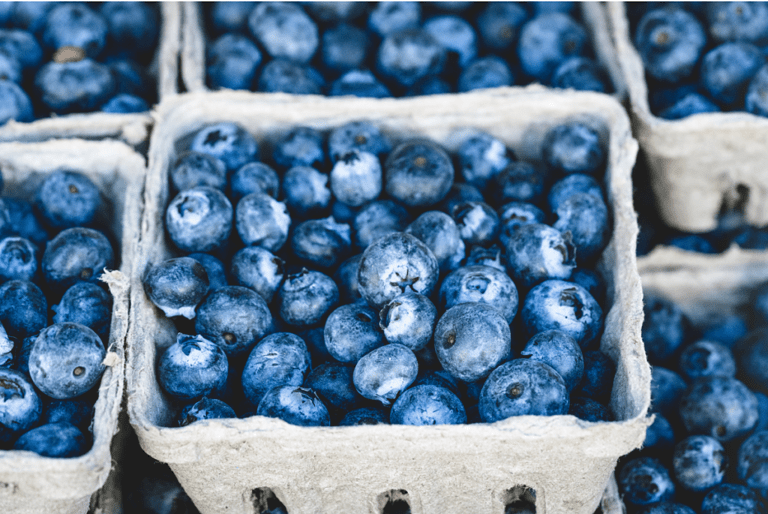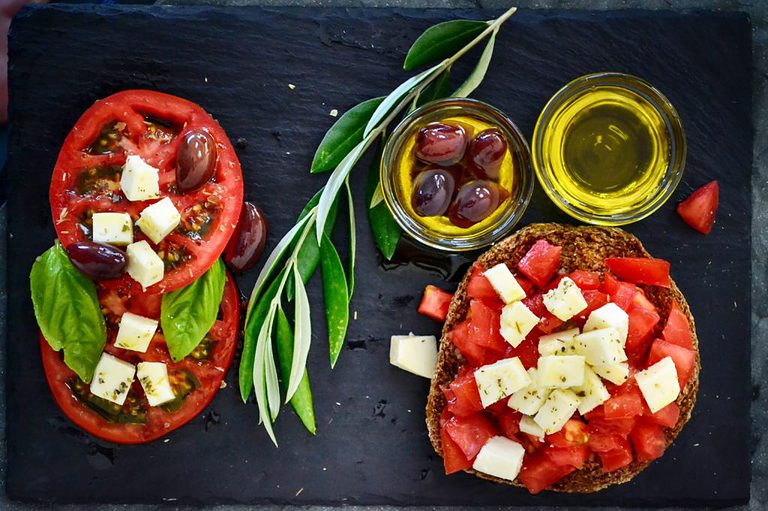We often talk about how a mother’s diet can affect the health of her baby, but what about what the father-to-be is eating? Dad’s nutrition may also have an impact on fertility, pregnancy and even on the health of the child after birth.
Let’s look at what the research says about the potential impact of the male diet on fertility and your baby’s future health.
Laying the groundwork: diet affects sperm quality
The quality and quantity of sperm produced by men can be affected by what they eat. Healthy sperm require a number of key nutrients including omega 3 fatty acids, folate, zinc and selenium among others.
Research has shown that men with a higher number of normal sperm:
- eat more fruit and vegetables, seafood, wholegrains, legumes and low fat dairy; and
- eat less red and processed meats, refined grains, sweets and sweetened beverages.
Better sperm quality means improved fertility outcomes. Of all infertility cases, male factor infertility contributes to an estimated 40-50% of these!
It’s not just up to the ladies to prioritise their health when it comes to making a baby. Men, it’s time to step up! Making dietary changes is one simple and effective strategy to help optimise sperm health.
Dad’s diet can also affect the developing baby
So, we know diet helps to boost the number and quality of sperm. But, did you know that dad’s diet may not only influence the chances of falling pregnant, it may also influence the way the embryo (and then foetus, and then child) develops?
I briefly mentioned some amazing research conducted in mice in a previous blog post on male health. This research showed that male mice who were fed a diet that was insufficient in protein went on to produce offspring who had increased body fat, metabolic problems and altered gut bacteria (Watkins et al., 2018).
In other words, when the father had a nutrient-poor diet, their offspring developed characteristics (like higher body fat) that are linked with chronic disease.
The way a father’s diet can go on to affect the health of his children is through epigenetics, which refers to how our genes are expressed.
Without going too deep into the science of it, each of us have our unique set of genes (made up of DNA), but being exposed to certain things can affect how those genes end up being displayed. Epigenetics looks at factors (like our diet) that switch parts of our genes “on” or “off” causing different effects on our health.
Possible effects of a father’s diet on his children
When it comes to the diets of fathers-to-be, the research on potential epigenetic changes is still in the early stages. However, we do have a few mouse studies which give us some insight into the possible effects.
- Another recent study has shown that a paternal low protein diet can cause metabolism issues in offspring, in particular affecting the way the liver processes cholesterol (Yoshida et al., 2020).
- A father’s folate intake may affect the physical development of the embryo, with a low folate diet causing a higher risk of deformities, as well as potentially increasing the risk of the child developing chronic diseases including cancer later in life (Lambrot et al., 2013).
- A paternal high fat diet may affect body weight, body composition, insulin sensitivity and blood glucose control in female offspring (Ng et al., 2010).
- Paternal alcohol consumption may lead to changes in sperm that affect the neurological and behavioural development of offspring (Chastain & Sarkar, 2017).
These studies in mice show how changes to the diet can potentially alter the genetic information that is passed on through the father’s seminal fluid. This goes into genetically “programming” the developing baby, and it can also affect the uterine environment (i.e. the womb) in which the baby develops (Watkins et al., 2018).
What can fathers do to make healthier babies?
Eating a varied, balanced diet that includes all the key nutrients needed to build healthy sperm is essential. Read more about what to eat for healthy sperm in my blog post here. It’s also important to work toward achieving (or maintaining) a healthy weight, as this has been associated with better sperm quality (Sermondade et al., 2013).
When it comes to an overall eating pattern, the Mediterranean Diet has been linked to improved fertility outcomes for males and females.
You can read more about the Mediterranean Diet for fertility in my blog post here.
And, if you are ready to get started on adding a little bit more Mediterranean flavour to your meals, check out my 7 must have pantry items here!
A few other things to think about are your exposure to toxins (like smoking, and environmental chemicals), and also keeping your sperm at the right temperature! I cover these points in more detail in my blog post on how to take care of your sperm.
You can now download my Nutrition for Male Fertility Manual for just $19 AUD/$13 USD to snag all my male fertility nutrition tips in one place!

Ready to take the next step and develop a personalised plan on how to improve your fertility? I work with individuals and couples to optimise their diets and get them fertility-friendly. Apply to work 1:1 with an expert fertility dietitian & nutritionist inside my pre-conception and fertility nutrition program for couples.
This article was co-written by nutritionist Monique Cormack. You can find Monique on Instagram or connect with her on LinkedIn.







